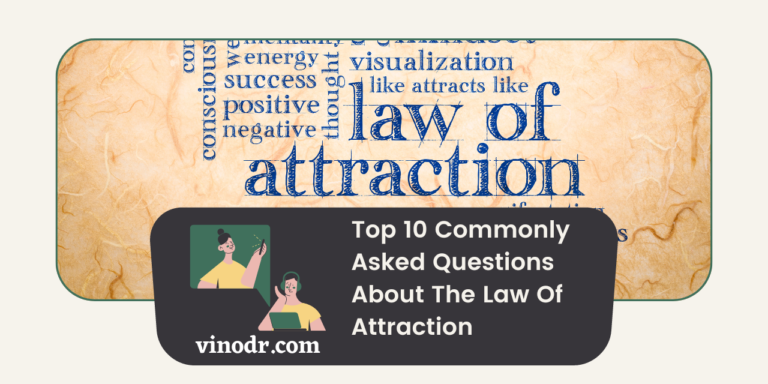How to Write a Book
How to Write a Book? Writing a book can be a rewarding and fulfilling experience, but it can also be daunting and overwhelming. Whether you’re a first-time author or a seasoned writer, the process of writing a book requires careful planning, organization, and dedication. From choosing a topic to publishing your final draft, there are…





